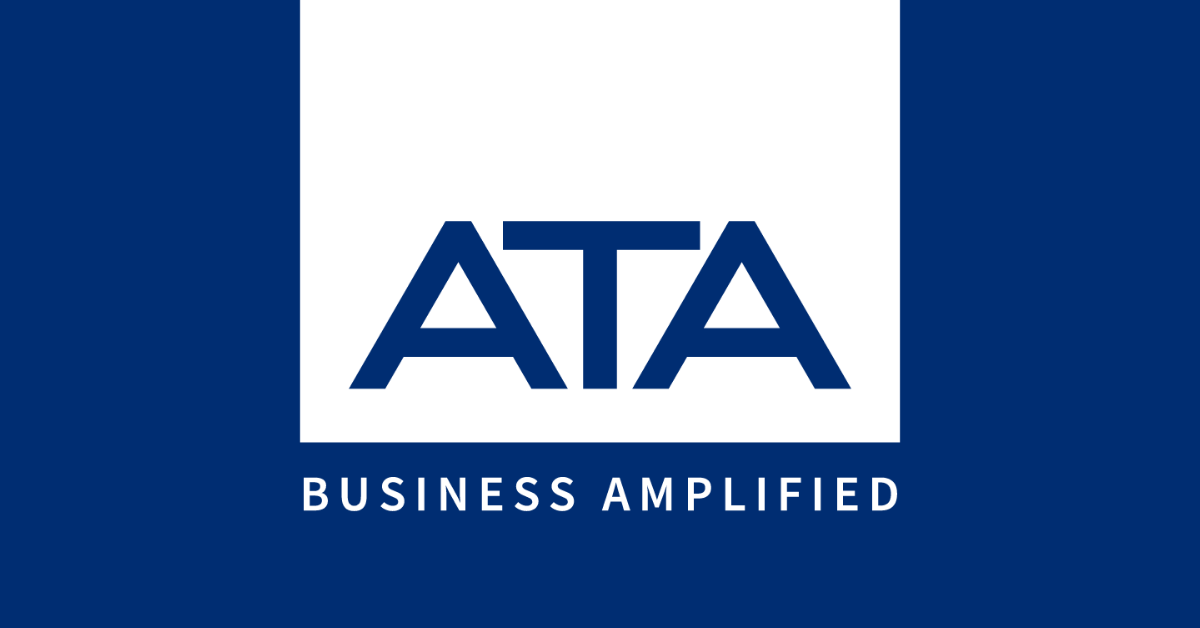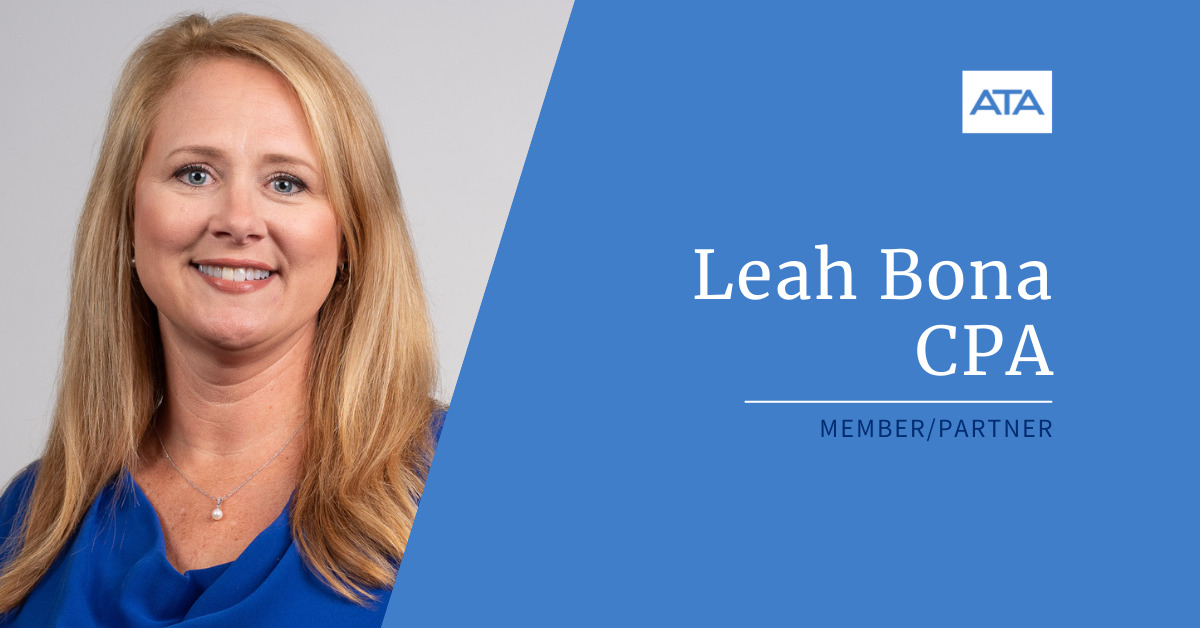On August 4, 2021, the IRS issued Notice 2021-49, which provides long overdue guidance for employers that have taken or are considering taking the employee retention credit (ERC) as initially made available under the Coronavirus Aid, Relief, and Economic Security Act (CARES Act) and modified and extended under the American Rescue Plan Act of 2021 (ARPA). Generally, the maximum ERC for 2020 is $5,000 per employee, while the maximum for 2021 is $28,000 per employee.
The ARPA extended the ERC for wages paid after June 30, 2021 and before January 1, 2022. The IRS previously issued nearly 100 frequently asked questions (FAQs) and two notices (Notice 2021-20 and 2021-23) in an attempt to provide guidance on the ERC. However, these FAQs and notices fail to address some important questions, such as whether cash tips received by employees and wages paid to an owner with more than 50% ownership of a company are qualified wages for the ERC. Notice 2021-49 addresses this issue and clarifies other issues related to the mechanics of the credit. The notice also clarifies and provides additional guidance for several other important provisions of the ERC as modified by the ARPA.
In addition, on August 10, 2021, the IRS issued Revenue Procedure 2021-33, which provides a safe harbor for employers to exclude (1) the amount of the forgiveness of a Paycheck Protection Program (PPP) loan under the Small Business Act, (2) a shuttered venue operator grant under the Economic Aid to Hard-Hit Small Businesses, Nonprofits, and Venues Act (Economic Aid Act), and (3) a restaurant revitalization grant under the ARPA from “gross receipts” for purposes of determining eligibility to claim the ERC.
Background
The CARES Act provides for a refundable tax credit for eligible employers that pay qualified wages, including certain health plan expenses, to some or all employees after March 12, 2020 and before January 1, 2021.
The Taxpayer Certainty and Disaster Tax Relief Act of 2020 (Relief Act) amended and made technical changes to the ERC for qualified wages paid after March 12, 2020 and before January 1, 2021, primarily expanding eligibility for certain employers to claim the credit. The Relief Act also extended the ERC to qualified wages paid after December 31, 2020 and before July 1, 2021 and modified the calculation of the credit amount for qualified wages paid during that time. The Relief Act permitted employers to qualify for the ERC if they experienced revenue declines of 20% (previously 50%), and it changed the definition of large employer from an employer that averaged 100 employees to one that averages 500 employees, enabling businesses with 500 or fewer employees to take the ERC for all wages paid, rather than only for wage payments for which no services were provided. The Relief Act also allowed employers that received PPP loans to also take the ERC, retroactive to March 2020.
The following summarizes Revenue Procedure 2021-33 and some of the most significant issues addressed in Notice 2021-49.
Safe Harbor for Gross Receipts – Revenue Procedure 2021-33
Under Internal Revenue Code Section 448(c) for for-profit entities and Section 6033 for tax-exempt organizations, PPP loan forgiveness, shuttered venue operator grants and restaurant revitalization grants are not included in employers’ gross income but are included in gross receipts. Revenue Procedure 2021-33 provides a safe harbor for employers to exclude those amounts from gross receipts solely for determining ERC eligibility. The IRS said that Congress intended for employers to be able to participate in these relief programs and also claim the ERC. Therefore, including amounts provided under those relief programs in gross receipts for determining eligibility for the ERC would be inconsistent with Congressional intent.
Under the revenue procedure, an employer is required to consistently apply the safe harbor by (1) excluding the amount of the forgiveness of any PPP loan and the amount of any shuttered venue operator grant and restaurant revitalization grant from its gross receipts for all relevant quarters in determining eligibility to claim the ERC, and (2) applying the safe harbor to all employers treated as a single employer under the ERC aggregation rules.
Employers elect to use the new safe harbor by excluding amounts under those relief programs when claiming the ERC on Form 941, Employer’s Quarterly Federal Payroll Tax Form (or 941-X if filing an amended return). In other words, a separate “election” form is not needed. If an employer revokes its safe harbor election, it must adjust all employment tax returns that are affected by the revocation. Employers must retain in their records support for claiming the ERC, including their use of this new safe harbor for determining gross receipts.
Clarifications to the ERC Under Notice 2021-49
Applicable Employment Taxes
Notice 2021-49 confirms that, for the third and fourth quarters of 2021, eligible employers can claim the ERC against the employer’s share of Medicare tax (or the portion of Tier 1 tax under the Railroad Retirement Tax Act) after these taxes are reduced by any credits allowed under the ARPA for qualified sick leave wages and qualified family leave wages, with any excess refunded.
Recovery Startup Business
An ERC of up to $50,000 per quarter is available to “recovery startup businesses.” A recovery startup business is an employer that began carrying on a trade or business after February 15, 2020. The notice clarifies that an employer is not considered to have begun carrying on a trade or business until such time as the business has begun to function as a going concern and performed those activities for which it was organized.
The notice also states that a not-for-profit organization can be treated as an eligible employer due to being a recovery startup business based on all of its operations and average annual gross receipts. For ERC purposes, a not-for-profit organization is deemed to be a “trade or business.”
Further, a recovery startup business that has 500 or fewer full-time employees may treat all wages paid with respect to an employee during the quarter as “qualified wages.”
Finally, the aggregation rules apply when determining whether an employer is a recovery startup business, as well as to the $50,000 limitation on the credit. Thus, a recovery startup business would need to apply IRC Sections 52(a) (for related corporations), 52(b) (for related non-corporate entities, such as partnerships, trusts, etc.) and 414(m) (affiliated service group rules).
Qualified Wages
Qualified wages generally are determined differently based on whether the employer is a small or large employer, in that qualified wages for large employers are limited to wages paid to an employee for time the employee is not providing services due to a full or partial suspension of business operations or a decline in the employer’s gross receipts.
The notice clarifies the rule for qualified wages for a “severely financially distressed employer” (SFDE). An SFDE is an employer that, in the third or fourth quarter of 2021, has gross receipts of less than 10% of its gross receipts for the same quarter in 2019. For SFDEs, qualified wages are any wages paid in the quarter, regardless of the size of the employer. This is different from the standard ERC rule, which limits qualified wages for large employers to wages paid while the employee is not performing services.
Full-Time Employees Versus Full-Time Equivalents
Confusion abounds about the definition of “full-time employee” and whether “full-time equivalents” are to be included when determining whether an employer eligible for the ERC is a large or small employer. Notice 2021-49 clarifies that eligible employers are not required to include full-time equivalents when determining the average number of full-time employees. The notice also confirms that wages paid to an employee who is not a full-time employee may be treated as qualified wages if all other requirements are met.
Treatment of Tips and FICA Tip Credit
Considerable confusion has arisen as to whether tips count as qualified wages for the ERC, since customers (not the employer) generally pay the employee the tips. Notice 2021-49 clarifies that cash tips are qualified wages if all other requirements to treat the amounts as qualified wages are met. The notice also confirms that eligible employers are not prevented from receiving both the ERC and the FICA tip tax credit on the same wages.
Timing of Qualified Wages Deduction Disallowance
The IRS has provided guidance on the timing of the disallowance for wage deductions on the employer’s federal tax return relating to qualified wages claimed for the ERC. The IRS previously confirmed that employers must reduce the deduction claimed for employee wages on their federal tax return by the amount of qualified wages claimed under the ERC. Notice 2021-49 confirms that this reduction in the deduction amount must occur in the same tax year the ERC is claimed. Accordingly, if an employer files a claim for the credit for a prior tax year, it must also file an amended federal tax return to reduce the amount of the wage deduction claimed in the corresponding period.
Related Individuals
The IRS previously stated that wages paid to related individuals, as defined by IRC Section 51(i)(1), are not taken into account for ERC purposes. Notice 2021-49 clarifies that, by applying the ownership attribution rules, the definition of a “related individual” includes a majority owner (i.e., a person with more than 50% ownership) of an entity if the majority owner has a brother or sister (whether by whole or half-blood), ancestor or lineal descendant. The spouse of a majority owner is also a related individual for purposes of the ERC if the majority owner has a family member who is a brother or sister (whether by whole or half-blood), ancestor or lineal descendant.
For the full article, visit https://www.bdo.com/insights/tax/business-incentives-tax-credits/irs-issues-additional-guidance-on-the-employee.
Contact one of our tax experts to find out how this new guidance affects you and your business.
Article by:
Paul Cheung, Managing Director, National Employment Tax Technical Leader (BDO)
Norma Sharara, Managing Director, National Tax Compensation & Benefits (BDO)








